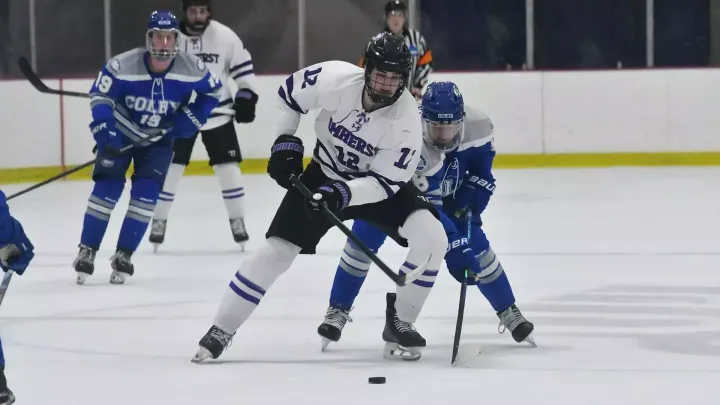The Hot Corner: Chicago Cubs
On Monday afternoon, the Chicago Cubs dropped the National League Central tie-breaker to the Milwaukee Brewers, losing by a score of 3-1. The loss cost the Cubs a chance to win their division for the third straight year and forces them into a win-or-go-home match against the Colorado Rockies in the National League Wild Card game.
Baseball playoff predictions are always a hazardous business, but one imagines that Cubs fans do not feel all too good about their team’s chances this month.
A light-hitting offense, uncertain bullpen situation and sloppy fielding do not make for a playoff juggernaut. 10 years ago, the statement “The Cubs probably won’t win the World Series” was about as bold as saying “The Jets probably won’t win the Super Bowl.”
After their 2016 win, however, the Cubs were proclaimed the new dynasty in Major League Baseball. They had a fleet of young stars — Kris Bryant, Anthony Rizzo and Joe Buck’s beloved Kyle Schwarber to name a few — who, to listen to most talking heads, were the next Mantle, Maris and Berra.
Their general manager, Theo Epstein, was baseball’s curse-breaker, having led the Boston Red Sox to their 2004 World Series victory that broke the Curse of the Bambino, heralded as a veritable genius capable of winning anywhere (so long as he was given a massive payroll and a couple years to tank).
Add in a bespectacled, unconventional, hipster manager in Joe Maddon, and the organization supposedly had the right feel for the new way of the game.
The Cubs were to be World Series heavyweights for years to come.
Instead, they’re a mostly forgotten 95-win team in the dumpster-fire National League, better resembling flotsam and jetsam than a new-age Murderers’ Row.
Last year, Chicago was unceremoniously dispatched in the National League Championship Series, after edging past a Washington Nationals team that did everything in their power to beat themselves.
This year it is difficult to imagine a much different fate after the Cubs choked away the five-game division lead they took into September.
Now, on the flip-side, Chicago certainly has the potential to both surprise its fans and embarrass columnists come the end of this month, but up against teams like the Red Sox, Houston Astros and New York Yankees, the Cubs are surely underdogs.
The Cubs aren’t the only team to go from juggernaut to little brother. The Cleveland Indians, who last year won an American League-best 102 games and set a new record for the longest winning streak in Major League history, squandered a 2-0 lead to the Yankees in the 2017 ALDS.
The malaise from last year’s playoff disaster carried over to this campaign, in which they won a measly 91 games against truly awful divisional competition, despite boasting much of the same lineup of young, cost-controlled talent.
Last year, the Los Angeles Dodgers made a run at the 2001 Seattle Mariners’ record for wins in a 162-game season.
This year, they had to resort to a one-game playoff and a blockbuster trade for perennial all-star Manny Machado to even win their division.
The lesson in all of this is that baseball dynasties are hard. The Yankees and Atlanta Braves teams that dominated in the late ‘90s or the San Francisco Giants teams that won three World Series titles between 2010 and 2014 are far more the exception than the rule.
There is no “superteam” to be built in a sport where stars turn to stiffs (see, for example, the Orioles’ Chris Davis and his .168 batting average) and nobodies become folk heroes (see Blake Snell of the Tampa Bay Rays) on a dime.
Triumphs are fleeting and failure is inevitable. So when this year’s World Series winner is declared the future of the sport, we should all take it with a grain of salt.




Comments ()